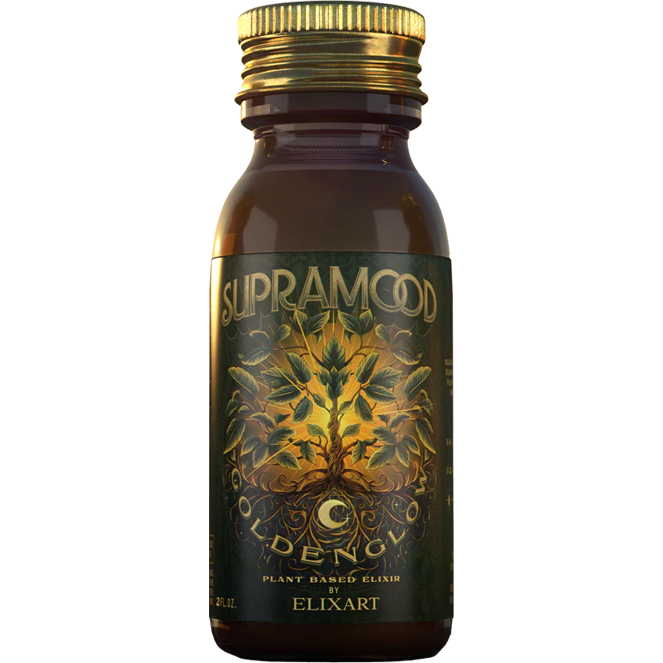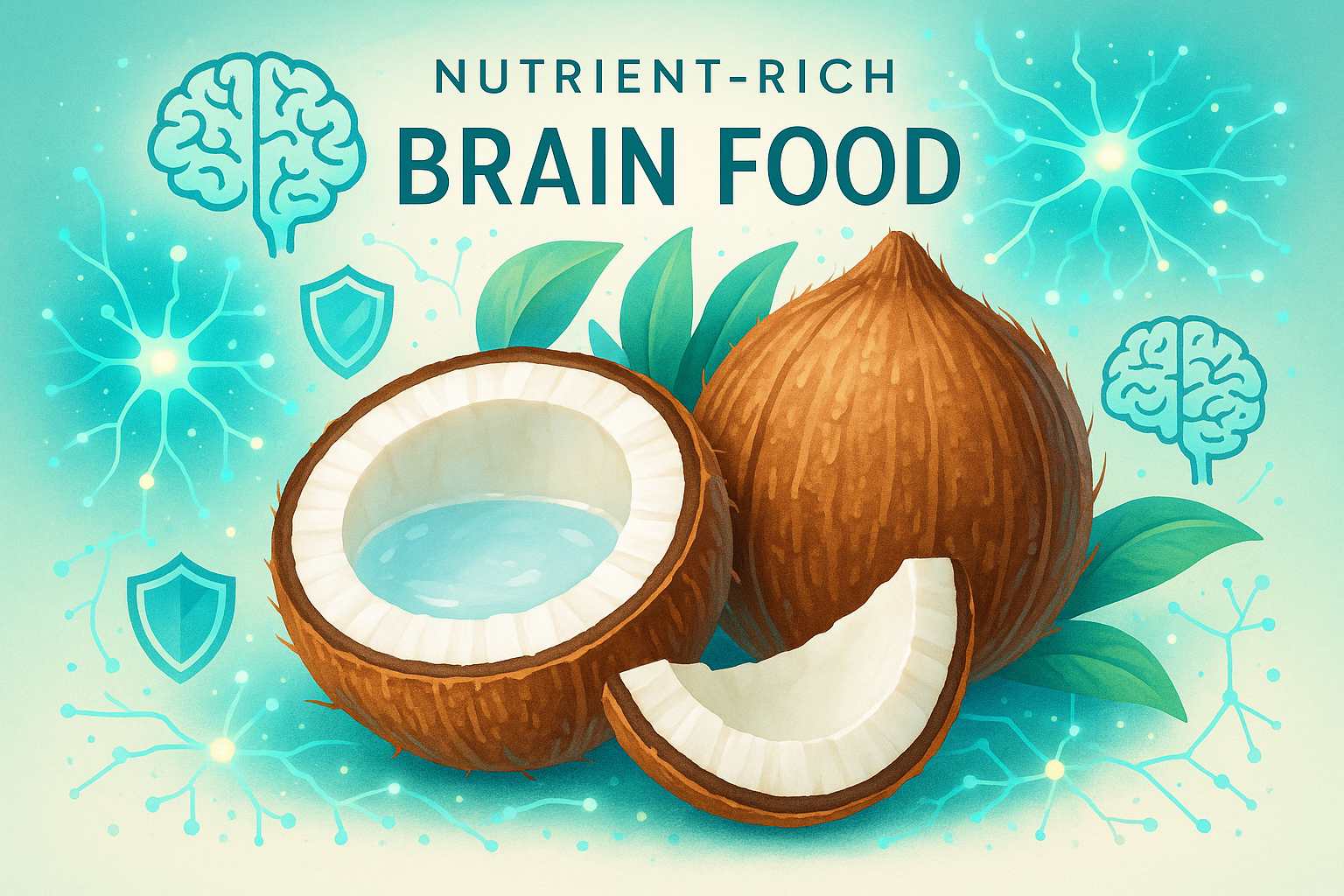Ginger, a well-known spice derived from the rhizome of the plant Zingiber officinale, has been celebrated for centuries for its medicinal properties. This aromatic root is not only a staple in many cuisines around the world but also a powerful healing agent recognized for its ability to enhance circulation, reduce inflammation, and improve digestion.
Nutritional Profile of Ginger
Ginger is packed with essential nutrients and bioactive compounds that contribute to its health benefits:
- Gingerol: The primary bioactive compound in ginger, gingerol, is known for its antioxidant and anti-inflammatory properties. It is responsible for many of ginger's medicinal effects.
- Vitamins and Minerals: Ginger contains various vitamins, including vitamin C, vitamin B6, and minerals such as magnesium and potassium, which are important for overall health.
Health Benefits of Ginger
-
Increased Circulation
Ginger has been shown to improve blood circulation, which can be beneficial for heart health. Improved circulation helps ensure that oxygen and nutrients are efficiently delivered to various parts of the body, promoting overall vitality and energy levels . -
Anti-Inflammatory Properties
The anti-inflammatory effects of ginger are well-documented. Regular consumption may help alleviate symptoms of chronic inflammatory conditions, such as arthritis, by reducing inflammation in the joints . -
Digestive Health
Ginger has been traditionally used to relieve digestive issues, such as bloating, gas, and nausea. It stimulates the production of digestive enzymes, which can enhance digestion and absorption of nutrients . Ginger is also effective in reducing nausea associated with motion sickness and morning sickness during pregnancy . -
Immune Support
The antioxidants present in ginger help strengthen the immune system, protecting the body against infections and illnesses. Its anti-inflammatory properties further support the immune response . -
Pain Relief
Ginger may offer natural pain relief, particularly for menstrual pain and migraines. Studies suggest that it can be as effective as some over-the-counter pain medications .
How to Incorporate Ginger into Your Diet
Incorporating ginger into your daily diet is both easy and delicious:

- Fresh Ginger: Use fresh ginger in cooking by grating it into stir-fries, soups, or marinades to add flavor and health benefits.
- Ginger Tea: Brew ginger tea by boiling fresh ginger slices in water. You can add lemon and honey for an extra boost of flavor and health benefits.
- Smoothies: Add a small piece of fresh ginger to your smoothies for a spicy kick and added nutrients.
- Baking: Use ground ginger in baked goods like cookies and cakes for a warm, spicy flavor.
Safety and Considerations
Ginger is generally safe for most people when consumed in moderation. However, some individuals may experience digestive discomfort or heartburn when consuming large amounts. It's advisable for pregnant women to consult with their healthcare provider before using ginger supplements.
Conclusion: Embrace the Power of Ginger
Ginger is more than just a flavorful spice; it is a potent healing root with a myriad of health benefits. From improving circulation and reducing inflammation to enhancing digestion, ginger is a valuable addition to any diet. Whether you enjoy it fresh, in tea, or as a spice in your meals, incorporating ginger can significantly contribute to your overall health and well-being.
As always, consult a healthcare professional for personalized dietary advice.







Leave a comment
This site is protected by hCaptcha and the hCaptcha Privacy Policy and Terms of Service apply.